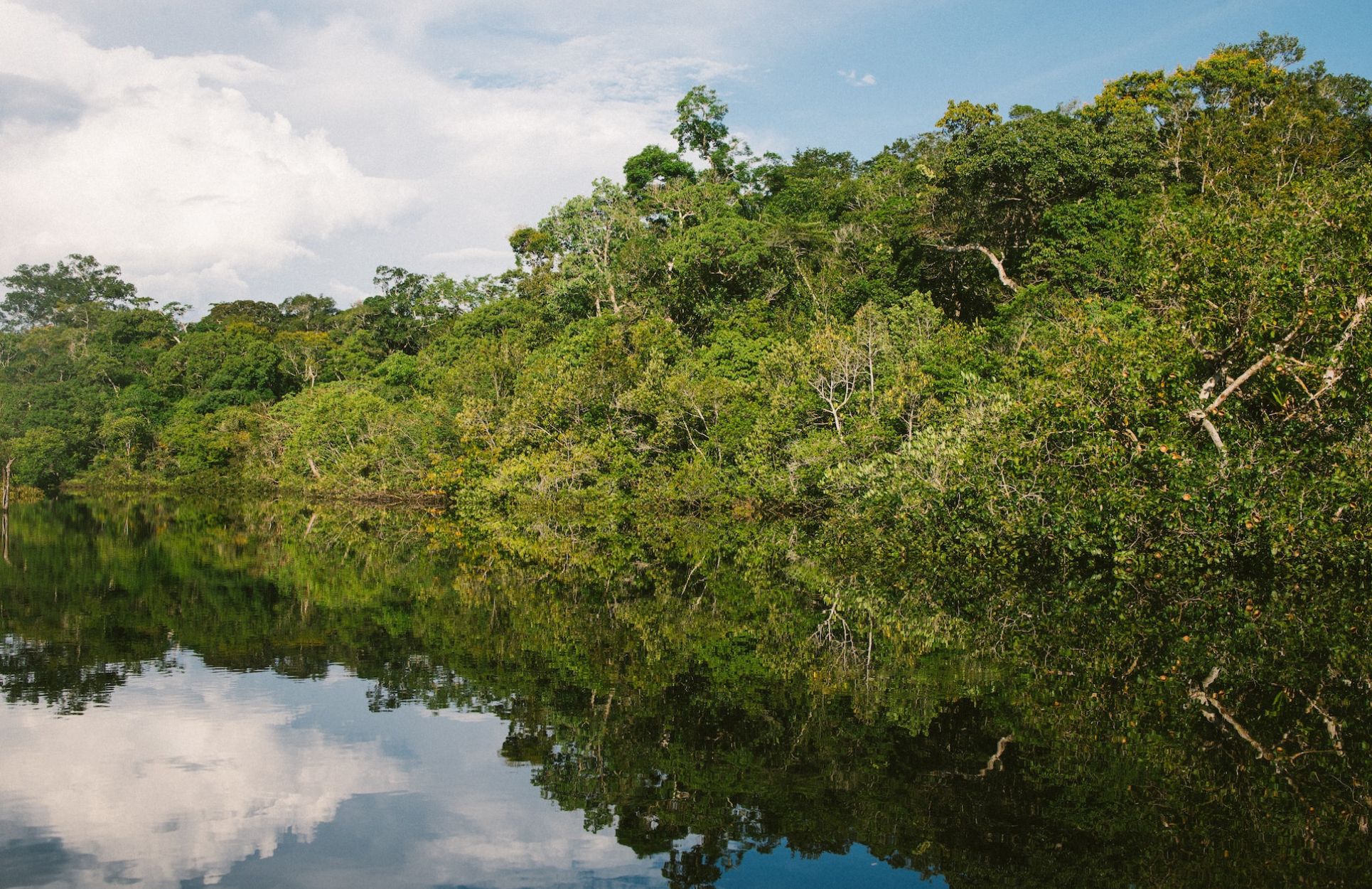 This is part 7 of a series of educational posts from the IFoA’s Climate Change Disclosures Working Party about climate reporting topics. Here we focus on Brazil: current practices and a brief overview of things to come.
This is part 7 of a series of educational posts from the IFoA’s Climate Change Disclosures Working Party about climate reporting topics. Here we focus on Brazil: current practices and a brief overview of things to come.
Brazil is the largest greenhouse gas emitter in South America, emitting about 490 million tonnes of carbon dioxide in 2021.
It is not expected to meet its 2030 emissions targets set under the Paris Agreement, despite being revised twice under Bolsonaro’s presidency which allowed for higher emissions.
Bolsonaro’s presidency was largely detrimental to Brazil’s progress in tackling climate change, notably as deforestation of the Amazon significantly increased. The new president Luiz Inácio Lula da Silva was re-elected in 2022 and his government has a drastically more proactive attitude to environmental issues. Lula has pledged to introduce legislation to protect the environment and reduce greenhouse gases, including reducing deforestation of the Amazon.
However, Brazil has suffered from the effects of climate change and faces challenges in adopting renewable energy. The existing long-term energy plan includes an increased use of fossil fuels, following severe droughts in 2021 that resulted in hydropower shortages. Brazil plans to increase gas and coal production by more than 5% by 2030. The agricultural and forestry sectors are material in Brazil (each contribute to about 7% of total annual GDP), making the economy particularly vulnerable to the threat of climate change.
In 2021, Brazil was one of only 7 countries, including the UK and US, to have mandatory Task Force on Climate-related Financial Disclosures (TCFD)-aligned disclosure requirements. These were introduced in September 2021 by the Brazilian Central Bank for regulated institutions. The requirements were aimed to reduce the risk of financial instability due to climate-related risks by covering both qualitative and quantitative aspects of climate-related disclosure, such as details on governance and the inclusion of climate-related risks such as floods and forest fires within stress tests. It is notable, however, that the regulation currently does not require banks to provide additional capital for potential climate change-related risks.
Also in 2021, Brazil’s Securities and Exchange Commission introduced regulations requiring companies traded on the Brazilian Stock Exchange to disclose information on their exposure to climate-related risks and their mitigation strategies. This is currently on a ‘report or explain’ basis.
Aside from the above, there are no further specific regulations or legislation mandating reporting on climate and environmental matters for corporations.
For actuaries, it is important to stay up to date with new legislation introduced by the government, including possible developments to Brazil’s existing climate disclosure requirements, as the landscape is expected to shift rapidly due to the government’s renewed focus on sustainability.
Further, actuaries should ensure that they are aware of reporting requirements for companies listed on the Brazil Stock Exchange and ensure affected clients understand their obligations in line with TCFD disclosures.
Finally, there may be opportunities for actuaries to help define and build stress tests including climate related risks for financial reporting.
Recent news indicates that Brazil will continue to strengthen its climate-change commitments and end deforestation of the Amazon by 2030. This could signify an acceleration of sustainability-related legislation.
What are your thoughts on the points raised in this article?
We would love to hear your views in the comments on the IFoA's Sustainability Finance Community LinkedIn page.
To find out more, visit: Sustainability: research working parties
The views expressed in this post are those of the individual authors, and not necessarily those of the Institute and Faculty of Actuaries or those of their employers. Information within this post is correct as at the date of writing (i.e. end of July 2023). Hence, there may be subsequent updates which are not reflected. Any reader should still reference the underlying legislation and standard, and should there be any conflict, the underlying information in the relevant standard or legislation supersedes any information presented in this post.